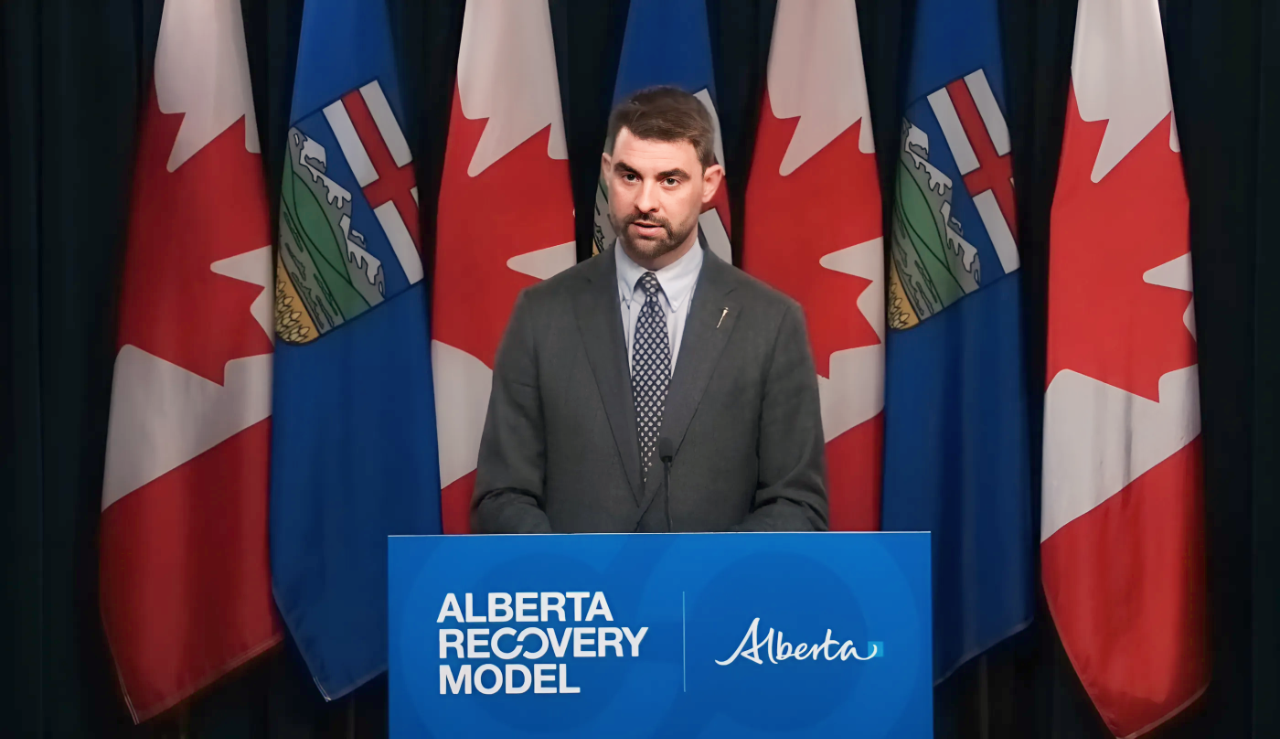In a bid to address the pressing challenges of mental health and addiction, the Minister of Mental Health and Addiction, Dan Williams, unveiled Bill 17, the Canadian Center of Recovery Excellence Act 2024. The proposed legislation aims to bolster existing services and promote excellence in mental health and addiction treatment. Minister Williams outlined the urgent need for action, citing the devastating impact of addiction on families and communities across the province, alongside the escalating rates of mental health issues, particularly among Alberta’s youth.
Over the past five years, the Alberta government has been steadfast in expanding addiction treatment capacity, recognizing the critical need for accessible and comprehensive services. Notably, they have augmented addiction treatment spaces by over 10,000 since 2019, with additional recovery communities set to emerge. Minister Williams highlighted the pioneering Virtual Opioid Dependency Program, which presently supports over 8,000 individuals daily, underscoring Alberta’s commitment to evidence-based approaches to tackle addiction.
Acknowledging that recovery extends beyond mere sobriety, Minister Williams emphasized the importance of a holistic approach to mental health and addiction treatment. The Alberta Recovery Model, grounded in evidence-based practices, prioritizes mental wellness alongside addiction recovery. Initiatives such as same-day counseling services and enhanced mental health support in schools reflect the government’s dedication to providing comprehensive care to all Albertans.
Central to Alberta’s approach is collaboration with leading experts in the field of mental health and addiction. Minister Williams highlighted the establishment of advisory panels comprising local, national, and international experts, including figures like Doug Humphries. These panels inform evidence-based policies and program development, ensuring that Alberta remains at the forefront of innovative solutions.
A pivotal aspect of the proposed legislation is the creation of the Canadian Center of Recovery Excellence (CORE). This organization will undertake the crucial task of evaluating existing programs within Alberta’s recovery-oriented system of care and identifying areas for improvement. CORE will draw upon global best practices, fostering continuous enhancement of mental health and addiction services in the province.
Addressing concerns regarding privacy, Minister Williams affirmed the government’s commitment to upholding stringent privacy standards for CORE, akin to those set forth by the Health Quality Council of Alberta. Stringent protocols will govern the handling of patient information, safeguarding the privacy rights of individuals accessing healthcare services.
In response to questions regarding the government’s transparency and collaboration with stakeholders, Minister Williams reiterated the administration’s dedication to inclusive decision-making. While acknowledging ongoing labor disputes and grievances, he emphasized the importance of dialogue and partnership in shaping Alberta’s mental health and addiction landscape. Minister Williams underscored the government’s openness to feedback and collaboration with frontline workers and unions to ensure the effective implementation of proposed initiatives.
As the legislation progresses, stakeholders anticipate the establishment of CORE and the continued evolution of mental health and addiction treatment in Alberta.

